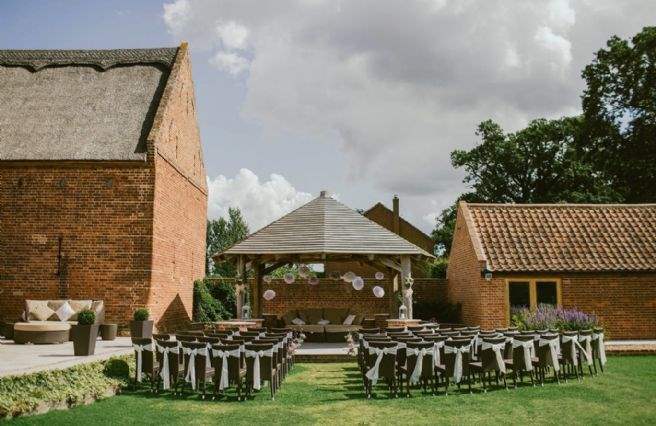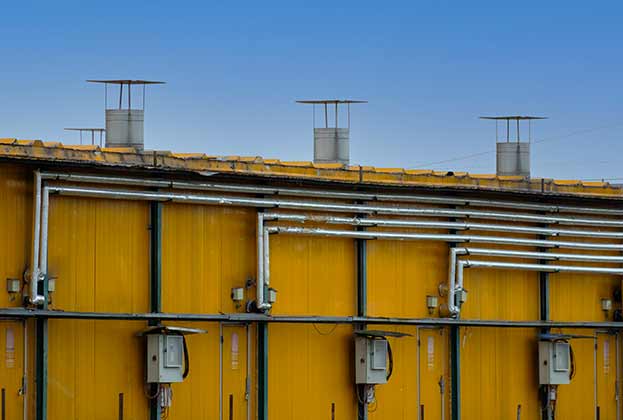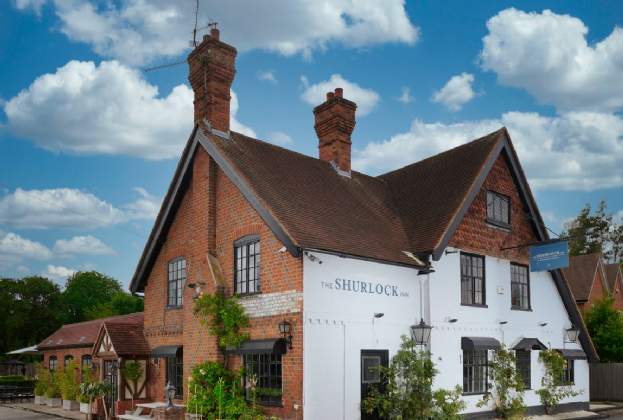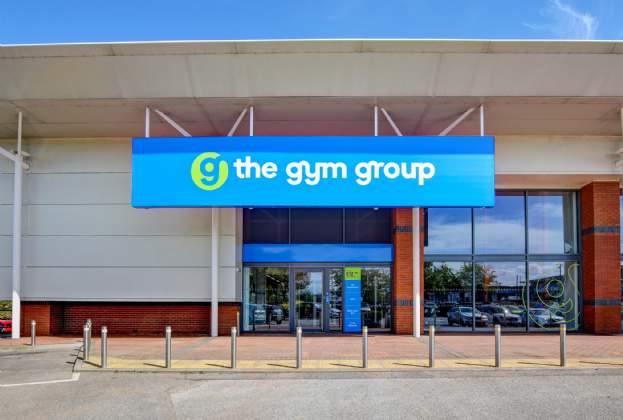The weddings landscape is changing: the number taking place is decreasing and those that are getting married are less likely to opt for traditional religious marriage ceremonies. This shift has led to increased demand for alternative wedding venues such as barns, manor houses, statement buildings and even football stadiums. So, what are couples looking for and what can owners do to boost the value of their wedding venues?
Weddings are getting more expensive and couples are more willing to splash the cash on their big day. According to hitched.co.uk, which surveyed more than 30,000 brides in 2016, the average spend on a wedding is £25,090. Venues that can host all aspects of the ceremony, reception and accommodation under one roof are becoming increasingly popular and are therefore improving their trading performance – the metric that is a key determinate of the value of wedding venues.
Of course, flexibility is a big consideration as every wedding is different, from the amount of guests to the time frame of the event. A successful venue will be able to accommodate a host of different celebrations and attract week-day and off-peak business.
Regular upgrades are a proven way to boost the success of a wedding venue and ensure that the communal areas and accommodation are kept in prime condition. Having capacity for approximately 100 guests and offering flexibility in terms of choice of suppliers and a good quality service are also key to attracting prospective couples. The addition of a semi-permanent marquee can also prove to be popular, particularly in comparison with a temporary ones which are often in limited demand.
There has been a narrow number of transactions in the wedding venue sector as the market is a fairly immature one. In terms of valuing a property the majority of comparables come from individual, stand-out properties or manor houses that have been used for residential institutions (C2 use) such as care homes or boarding schools or as non-residential institutions (D1 use) such as clinics, art galleries and training centres.
The properties are often converted for wedding venue use and can form part of a larger property, for example. a golf course or a hotel site, and the majority of purchasers are lifestyle buyers.



.jpg)


.jpg)


.jpg)
.jpg)